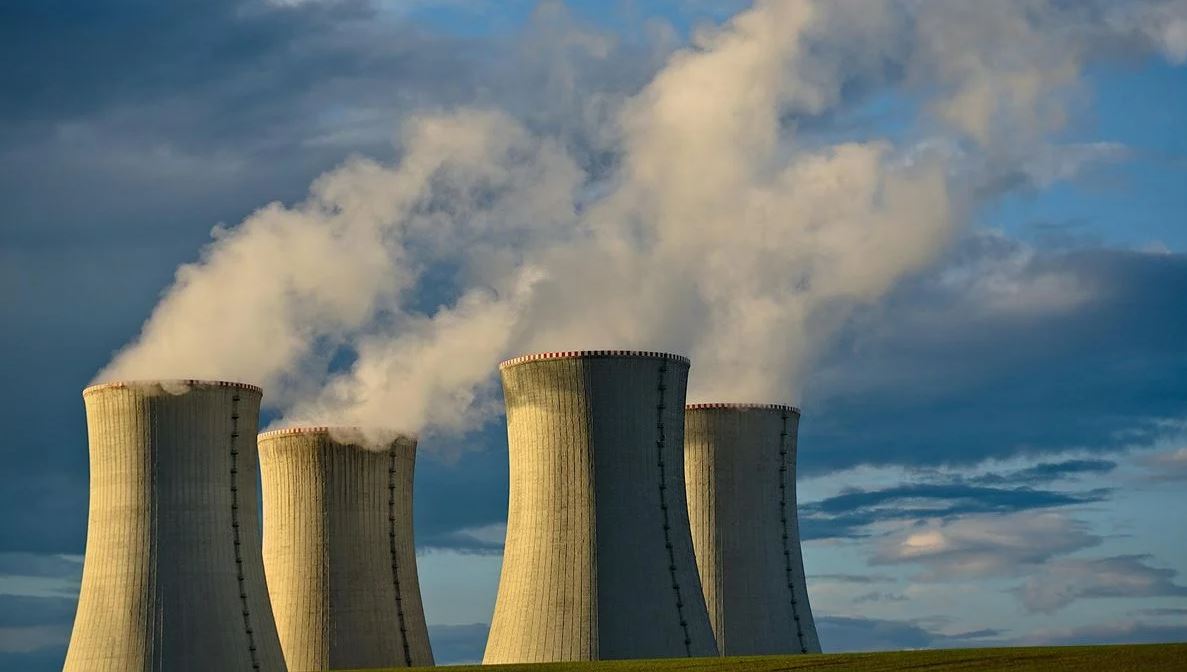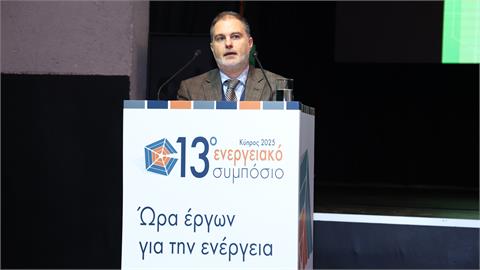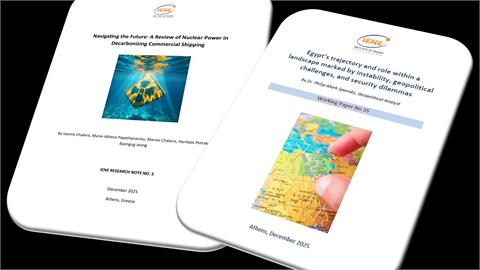Russia’s invasion of Ukraine and the disruptions in global energy supplies that it has fuelled have made governments rethink their energy security strategies, putting a stronger focus on developing more diverse and domestically based supplies. For several governments, nuclear energy is among the options now being examined.
Russia’s invasion of Ukraine and the disruptions in global energy supplies that it has fuelled have made governments rethink their energy security strategies, putting a stronger focus on developing more diverse and domestically based supplies. For several governments, nuclear energy is among the options now being examined. At the same time, many governments have in recent years stepped up their ambitions and commitments to reach net zero emissions by 2050. Exploring in depth nuclear power’s potential role as a source of low or even zero emissions electricity that is available as base load to enable increasingly greater inflows to the grid from renewables, such as wind and solar, is now under consideration in many countries around the world, including SE Europe.
.jpg)
Searching for solutions in achieving the EU’s decarbonisation goals, the European Commission launched an in-depth assessment in 2020 on the possible inclusion of nuclear energy, along the natural gas, in the EU taxonomy of environmentally sustainable activities. Following the assessment, the Commission prepared a draft text of a Complementary Climate Delegated Act, which includes specific nuclear and gas activities in the list of economic activities covered by the EU taxonomy. The draft text was formally adopted by the Commission in March 2022. As neither the European Parliament nor the Council objected to the text, the Commission Delegated Regulation (EU) 2022/1214 was published in the Official Journal in July 2022 and is in force from January 1, 2023.
Of course, there are difficulties concerning nuclear investment, particularly in advanced economies, in the areas of cost, performance, safety and waste management. For countries where nuclear power is considered an acceptable part of the energy mix, there should be policy, regulatory and market changes that could be implemented in order to create new investment opportunities. Also, new technologies, particularly small modular reactors, can play an important role in changing social perceptions and financial evaluations and their future deployment should be taken into serious consideration.
In this Monthly Analysis, which is accessible (here), IENE highlights the increased importance of nuclear energy in achieving the global energy transition. Furthermore, this analysis is also meant as a sounding board in examining the arguments both for and against the adoption of nuclear energy. Climate change motivations are applicable in nearly all cases, whilst energy security and foreign relationship motivations are prominent.
In the decades ahead, it can be expected that nuclear energy for electricity generation purposes will remain a significant component of the global energy mix, with countries choosing to continue or start using nuclear energy for various reasons. The current war in Ukraine will have - and in many cases it already has – a strong effect on how countries view their energy security. This has affected governments’ decisions to replace coal, oil and natural gas in their energy mix. As a result, more reliance has been placed on maintaining the current share of nuclear, accelerating the development of renewables, and accessing domestic sources of hydrocarbons, particularly natural gas.




